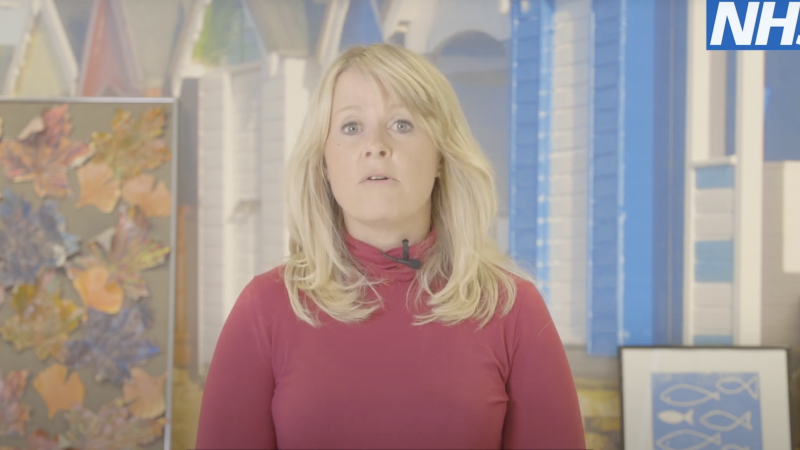
The health and wellbeing of those who experience homelessnes is considerably worse than the general population. More than half of those sleeping on the streets live with a mental health problem, while those affected by homelessness die, on average, around 30 years earlier than the general population. Vulnerable rough sleepers can often face a ‘revolving door’ where they receive treatment and support, only to end up back on the streets also making them more at risk of the COVID virus.
Within Southend the Southend Integrated care for Homeless brings together the NHS, Southend-on-Sea Borough Council, food banks, soup kitchens, hostels, outreach teams, hospital, mental health and substance misuse providers to deliver an integrated health service to those experiencing homelessness. Led by local GP Dr Haroon Siddique, West Central Primary Care Network the aim of the initiative is to reduce health inequalities for rough sleepers, to support them in not only recovering from life on the streets, but to also help them lead more meaningful lives.
The initiative has already seen positive outcomes by maximising opportunities to deliver preventative health initiatives, such as Hepatitis C, respiratory, blood pressure and COVID-19 testing. Word-of-mouth from clients has consequently attracted others who were unsure or previously hesitant in accessing healthcare services. This in turn has helped to reduce avoidable use of crisis services while ultimately reducing premature deaths.
Future plans include a more universal patient access system to enable homeless people to get the right treatment quicker by further engaging with primary care services such as GP practices and improved appropriate contact with secondary care with swifter discharge pathways. It is also planned for the nurse to improve health screening in the homeless population including cervical screening and bowel screening.